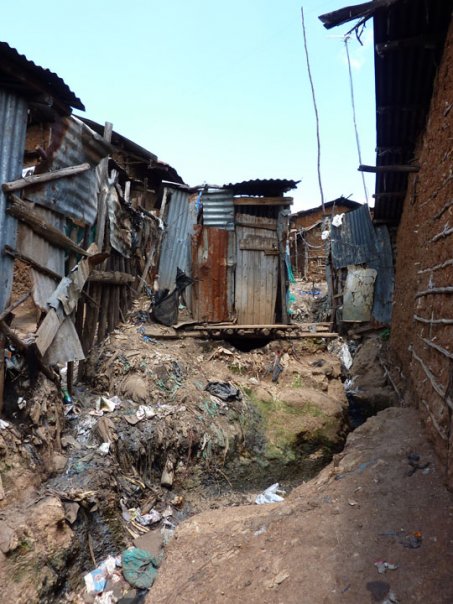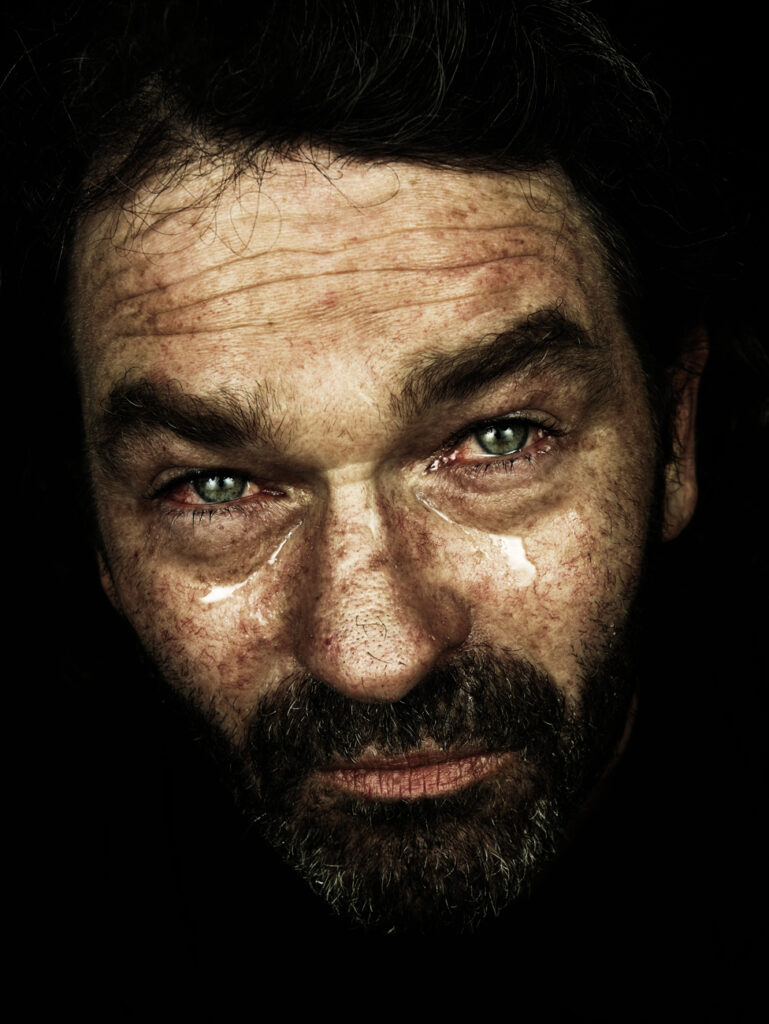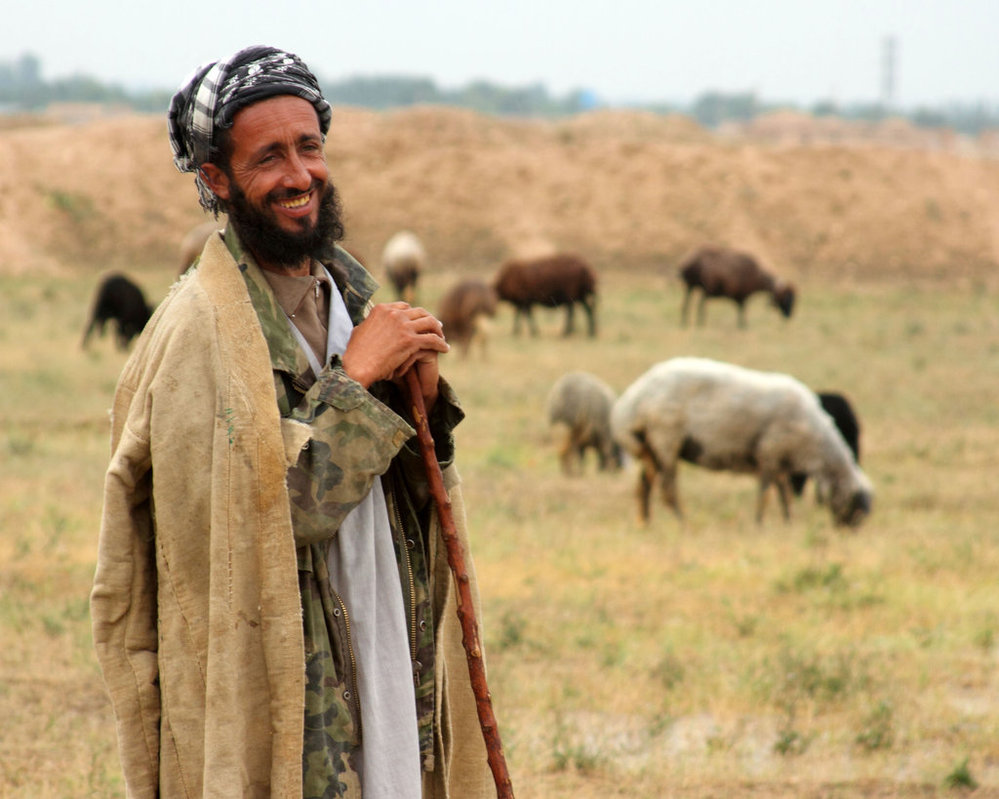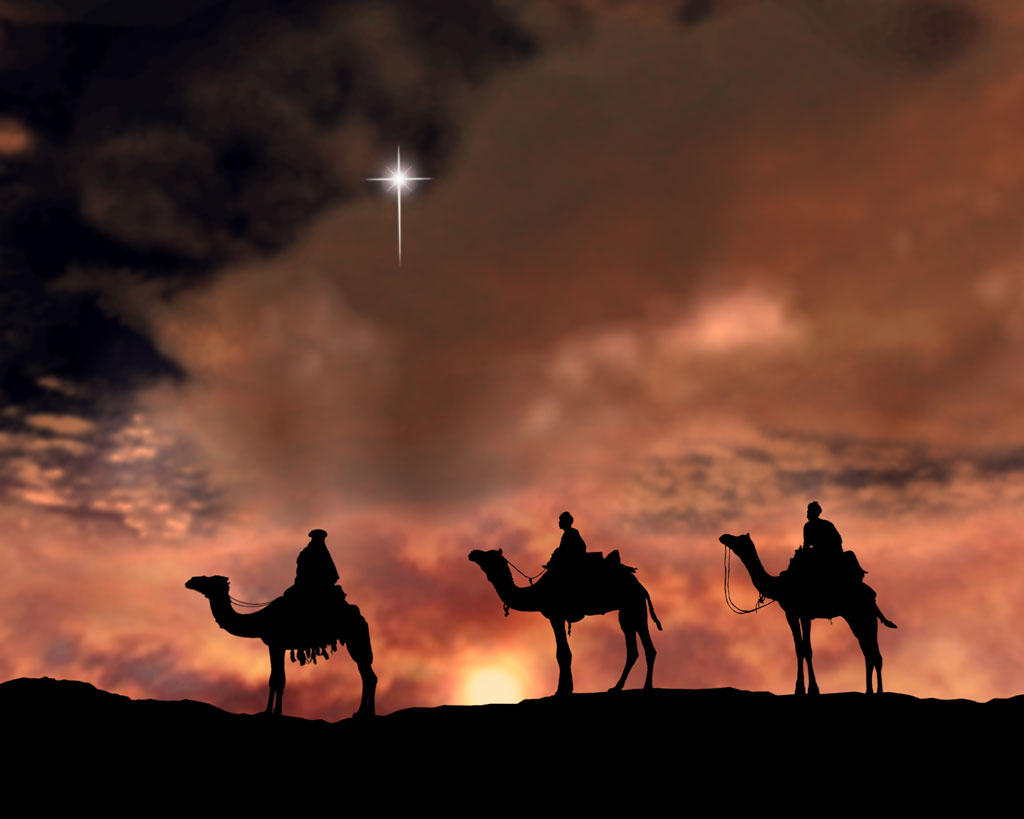I was born into a Christian family.
I sang my first solo in church at the age of 8.
Despite taking part in Christian activities all my life, Jesus became my Lord at 14.
Over the years, I served as a song minister, Sunday School teacher, VBS leader, camp counselor, worship band vocalist, Bible Study coordinator, Bible class teacher, collegiate ministry leadership council member, and an overseas summer missionary (three times). All by 22.
I spent hours each night reading books about God. I knew that even though I loved him, something was lacking in a way I could neither describe nor define. So I read, hoping to find it. I prayed, hoping God would bring it to me.
One night with a pounding headache, I went to an assembly. I heard of the World Race. My headache ceased to be noticeable. I applied that same night.
I went on the World Race at 23. I had outstanding qualifications. I had years of church involvement, ministry experience, and an extensive missional understanding from spending more than 6 months of my life overseas in various contexts.
And since coming home a year and a half ago, I sometimes struggle to understand if I ever really knew God before the World Race.
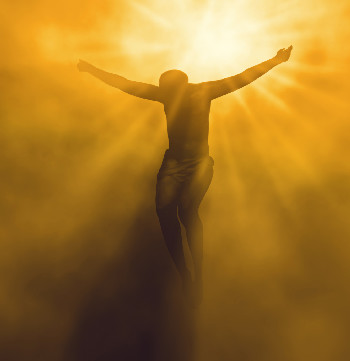
I don’t say that lightly. The reason I followed Jesus at 14 was because he healed me from debilitating depression and suicidal thoughts. I told my friends about him. I led people to him. I had seen the miraculous occur through prayer. I had seen my father healed of life-threatening wounds sustained in a horrible car accident. I had felt him so profoundly his presence made me delirious. I spoke in different languages I had never learned when I prayed. He had given me spiritual dreams that came true. I had seen the impossible done. I read books about him, attended conferences about him, started a church in China.
If you asked my friends, my closest would have said I was one of the craziest Jesus fanatics they knew.
Since July 19th, 2000, I knew Jesus.
I guess the reason I struggle with this question now is because the revelations I had of him through the World Race were so earth-shattering that after the dust settled, it’s hard to remember ever being able to say I knew him before I knew him in this way. When mystery made more sense than logic, when grace poured like thunderstorm waves and love was the one acceptable response to life’s unanswerable questions.
And before I saw him through the eyes of the poor.
Physical poverty. The structures of the Kibera slums. Structure, because no word connoting an inhabitable space should ever be used to describe what I see. Yet a family huddles beneath the tin and tarp, face-to-face with the grime of slum dirt, planted next to an open flow of sewage where orphaned toddlers drop the trash they use for teething, pick it from the refuse, place it back in their mouths. This family’s possessions equates two things I can see: One, the rags on their back. As I pass by, through a torso-sized hole in the tarp, pinned to a dismembered box used for a wall, the second: a sun-bleached, dirt-stained picture of Jesus, a hand-drawn heart penciled around his face.
And I think,
How many years did I claim Christ met all my needs while crying over all I didn’t possess?
Emotional poverty. Nikolai, the wounded Gypsy man in the Bucaresti train station. His leg deteriorating before our horrified eyes. Physically ejected from the hospital because of ethnicity. Forced to an elongated, excruciating amputation, abandoned as oceans of people pass him, invisible moment to moment. valueless to priviledged eyes, his life branded worthless by those who choose not to look upon his need, no, less: his humanity. He bandages his rotting flesh with the greasy top of a KFC bucket. He rattles in words we can’t understand. We pray for him. He cries as we place our hands on him. He holds my hands more tightly than a stranger would, and as we finish praying, he kisses my hands gently, as if I am significant as royalty, fragile like a newborn. Prayer for him, love to him, life spoken over him, and his wild erraticism has changed to utter brokenness.
And I wonder,
How much more than a stranger’s prayer did it take to dismember my defenses?
Spiritual poverty. Among a circle of former prostitutes in Phuket, Thailand. I talk about Jesus and his love. I talk about how I changed. I tell them my story. A story, not one void of pain, but void of the circumstances with which they have lived: being forced into a life typified by disgusting hands they have no right to push away, that right forfeited through the persuasion of poverty or the force of a trafficker. I share my story anyway. One with which I hope they can identify, if at least just a small amount. I tell of a story from childhood, of a hurt that would seem small to the life of pain I know they’ve all endured. My translator, a rescued girl and new believer, falls silent. I look to her. She has tears running down her face. Displays of emotion are rare in her culture, uncharacteristic. Yet a simple story of a privileged girl’s pain reached the trigger of her heart. She cries throughout the rest of the translation.
I ask myself,
How many times have I heard stories of the pain in the world with a heart of stone?
I could go on, talk about the abducted, former child soldiers in Uganda who have mass blood on their hands and tell you how it looks to see those hands lifted to Jesus, worshipping him for washing away all their sins. I could tell you how I hadn’t trusted Jesus to forgive the times I gossipped.
I could tell you about the ten-year-olds I met in Cambodia who have been disowned by their families for their belief in Christ, who faithfully show up to pray with their Christian teachers every day for the salvation of family members six and seven times their age. I could tell you about how I pretended to intercede in the prayer room at my college but took a nap instead.
I could tell you about the Vietnamese woman who told her friends about Jesus even though it got her thrown in jail, or Pastor Rafael in Tanzania who roundtripped thirty miles on-foot to pray with the sick of his congregation several days a week, or the Arabic church-goers in Israel that continued to meet after their congregation was bombed. I could tell you how I hadn’t shared Jesus with my friends for fear of being politically incorrect, how I wouldn’t have driven five miles roundtrip to visit a sick friend, or how I’d missed years of church because I was just too sleepy to get myself up.
The faith I’ve seen in the world’s poverty, whether that be physical, emotional, spiritual, made me see that I only knew God in the context of wealth and privilege… Apart from the poverty of my soul.
And I think that’s the reason I was so radically changed at 14, because I was in absolute emotional poverty. I possessed nothing that could lift me out of my hell, possessed no resources or connections that could alleviate a single pain. This is the only way in which I can ever claim to be the same as the critically impoverished of the world, because both they and I have been cut off from hope and living in squalor, no dream of even being anything more than what we’d ever been.
I honestly believe that living in the first world is a handicap to understanding the nature of God. We identify with monarchies, who have their understanding of life passed down generationally, wealth inhereited, poverty never comprehended. Or we identify with the rags-to-riches tales of those who have worked hard to establish what they now possess. Both of these scenarios inhibit us from understanding God. The rulers by birth never understand what God offers that could be worth more than their abundance of wealth, and the rulers by labor struggle to accept that His Kingdom is not built by effort. Those by labor can no sooner wrap their minds around free gifts than those by birth can wrap their minds around the awe that should be present upon receiving them, because we either work for what we have or we have had everything handed to us.
With this understanding, I am more grateful for the Christmas story than ever.
When Jesus was born, he was laid in a feeding trough sticky with animal meal because the people who had affluence didn’t have enough room for him in their comfortable rooms. I wonder how many people in the inn heard the story of the pregnant-to-pop woman who didn’t have a place to stay, but decided to let her dwell among the stink of animals once they realized that she was the original teen mom, deciding to let her get what she deserved.
Yes, my Savior was born homeless. He was born to an unwed teen girl. He was born amongst genocide that forced his family to flee as illegal aliens. His birth was characterized by the fact that those who could have helped him enter the world in a more comforting fashion didn’t even deem his circumstances worthy of a human baby.
I’ve been fascinated by the parallels set forth in the Christmas story of the visitors Jesus had.
Jesus was close to the poor because he was the poor. They didn’t have to tidy themselves up to come see him. That same night in which he was born, shepherds came to worship him. Shepherds, those who would need intricate rituals of cleansing before tradition would see them worthy to worship, greeted Jesus into the world. Shepherds, the lowliest, most expendable, least-educated of all workers. Shepherds, those considered disgusting and insignificant to the wealthy. They were not only invited to come see the King, He was waiting in their stables, not only setting them at ease with their station, but letting them see that he, being the crown jewel of all worth, was as lowly as the least important of us all. And in that, he asserted the value of us all.
And yet, the Christmas story doesn’t end here, even though from a literary standpoint, it makes sense that it should. We all know that the Magi came to see Jesus, though it wasn’t until far later. They reached Jesus around the age of two or three. They had to calculate their astronomy, plan a route, accumulate provisions, travel laboriously with slow-moving transport, brave disgusting weather conditions, traverse the width of nations, cross unknown borders, guided only by a far-away light. They had guts to follow a small pinprick in a sky of black, more guts to believe it was substantial. And though the Christmas story, in any linear way, would have been considered over and done, these party-crashers arrived late. Better than never.
And I wonder in awe at these parallels.
It seems here that the Kings had the much more challenging journey.
But if we could examine the lives and environment of both parties, we would hands-down say that the shepherd’s lives were less desirable, harder.
And I think that’s what it takes to see Jesus. You can’t see him on your own terms. You have to hunch down, humble yourself, and kneel in the cow-dung to worship him. If your life has been a world of refuse and open sewage, it’s not difficult to come to his manger. All you have to do is know where to find him. Getting in the stable, when you live among animals, is easy, natural. And I think this is why the faith of the poor are so inspiring to me. They are unafraid to lose physical, emotional, or spiritual things, because they have existed without.
They only know that with Jesus, they are richer than Kings.
And those who have lived on thrones and in palaces have to mount their smelly beasts and go on a journey. They have to press on in the toughest times, believeing that what they are chasing is worth more than the lavish lives they’ve left in the dust of their camel’s feet. The humility into which the impoverished shepherds were born is something that the Kings must journey into, and sometimes that journey seems more than they can take. But they don’t give up, and through horrible conditions, un-kingly lodging, arduous miles, more and more of who they’ve been is stripped. They arrive at the feet of Jesus. The King of all, but the Lord of the humble.
If it weren’t for the journey, the Magi couldn’t have come. But Jesus wants both to be part of his story. Two thousand years later, we view both the impoverished and the wealthy as integral parts to the story that imitates his plan for all the world.
I thank God for the journey.
Though mine was in a backpack instead of on a camel,
Jesus was still waiting for me.

